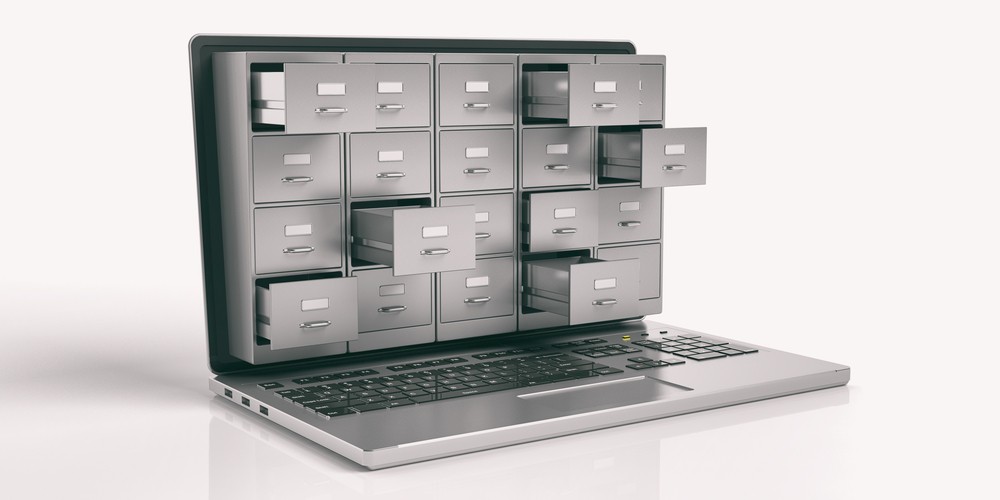Seagate Technology has published the results of a global survey of 3,000 small and medium sized business (SMB) decision-makers. The survey, commissioned by Seagate, reveals that despite economic headwinds, existing SMB IT infrastructure for many SMBs has shown resilience, and a majority of SMBs believe business data will play an important role in their long-term recovery plans. The company also announced an update to its IronWolf® and IronWolf Pro Network Attached Storage (NAS) drive lines, aimed at home and small office environments, with new 18TB capacity HDD and new SATA SSD models. These new drives deliver unrivaled speed, capacity, and stamina to bring reliable, scalable, and consistent performance to NAS solutions.
Many SMB’s existing IT infrastructure shows resilience
Despite the rapid and unexpected shift to remote working during the COVID-19 pandemic, existing SMB IT infrastructure proved resilient, according to Seagate research. More than half (54%) of SMB decision-makers reported no difficulty in accessing files or company data remotely, and 61% reported similar productivity levels to when their employees are in the office. 45% of SMB decision-makers reported their company’s existing data infrastructure was more resilient than expected during the pandemic. All SMBs included in the study have fewer than 250 employees, and the majority have fewer than 50.
During a time of acute crisis for many SMBs, many are taking the importance of robust IT infrastructure more seriously in their long-term planning. 50% of decision-makers surveyed said that they planned to invest in data backup and recovery services in the future, while 51% said that data technology could play a role in long-term business growth.
SMBs to adopt data-driven COVID-19 recovery strategies
As SMBs look to the future, decision-makers are developing their recovery strategy. With 36% of SMB decision makers expecting their staff to work from home more often after COVID-19, increased appreciation of how data can help businesses recover and thrive will be essential.
Nearly two thirds (65%) of SMB decision-makers say that their post-COVID-19 recovery strategy is being informed by the data they have stored about their business. The pandemic has sparked a reassessment of the value of business data among SMB decision-makers: more than half (55%) say they recognize the value of their business data more than before the pandemic.
There is a wide variety of business data available to SMBs, and decision-makers regard some of that data as much more important to their business’ recovery strategy. Globally, SMB decision-makers ranked data around customer acquisition (59%) and customer retention (57%) as the most valuable data to their business, with employee productivity metrics coming in third place (52%).
“Small and medium sized businesses are key growth engine of the global economy, and our research suggests that many are realizing to the potential value that data can deliver for their business as they look ahead at the road to recovery,” said Jeff Fochtman, senior vice president of marketing and business at Seagate Technology. “As businesses of all shapes and sizes become increasingly dependent on technology, realizing the true value of the data those businesses have stored will become critical to unlocking future growth and innovation opportunities. Our upgrades to the IronWolf and IronWolf Pro family of NAS products will provide small and medium businesses with the robust data management infrastructure they need as they plan for the future.”
The new 18TB IronWolf Pro is specifically designed and optimized for NAS with AgileArrayTM firmware built on top of CMR technology, delivering consistent RAID performance while enabling multiple, simultaneous users. The drive offers a high workload rate limit (WRL) of 300TB/year, allowing users to stream, backup, and access more of their NAS data. It also offers a 250 MB/s Sustained Transfer Rate, making it the highest capacity and fastest IronWolf drive in the pack. IronWolf Pro HDDs offer IronWolf Health Management for compatible NAS systems and a five-year limited warranty. The new 18TB IronWolf Pro HDD is available this month for $608.99.
Seagate’s new IronWolf Pro 125 and IronWolf 125 SATA SSDs are NAS-optimized drives that deliver 24x7 endurance and multi-user scalable performance to meet the needs of SMBs, creative professionals, and home office users. IronWolf Pro 125 SSD is tailored for multi-user environments and power users allowing for up to 1 DWPD, Power Loss Data Protection, a five-year limited warranty, and three-year Seagate Rescue Data Recovery Services. IronWolf 125 SSD offers 0.7 DWPD and a five-year limited warranty. Both new SSDs offer Seagate’s IronWolf Health Management with compatible NAS systems, including key partner systems from Synology, Qnap, and Asustor, allowing users to easily monitor their drive’s performance and health.




